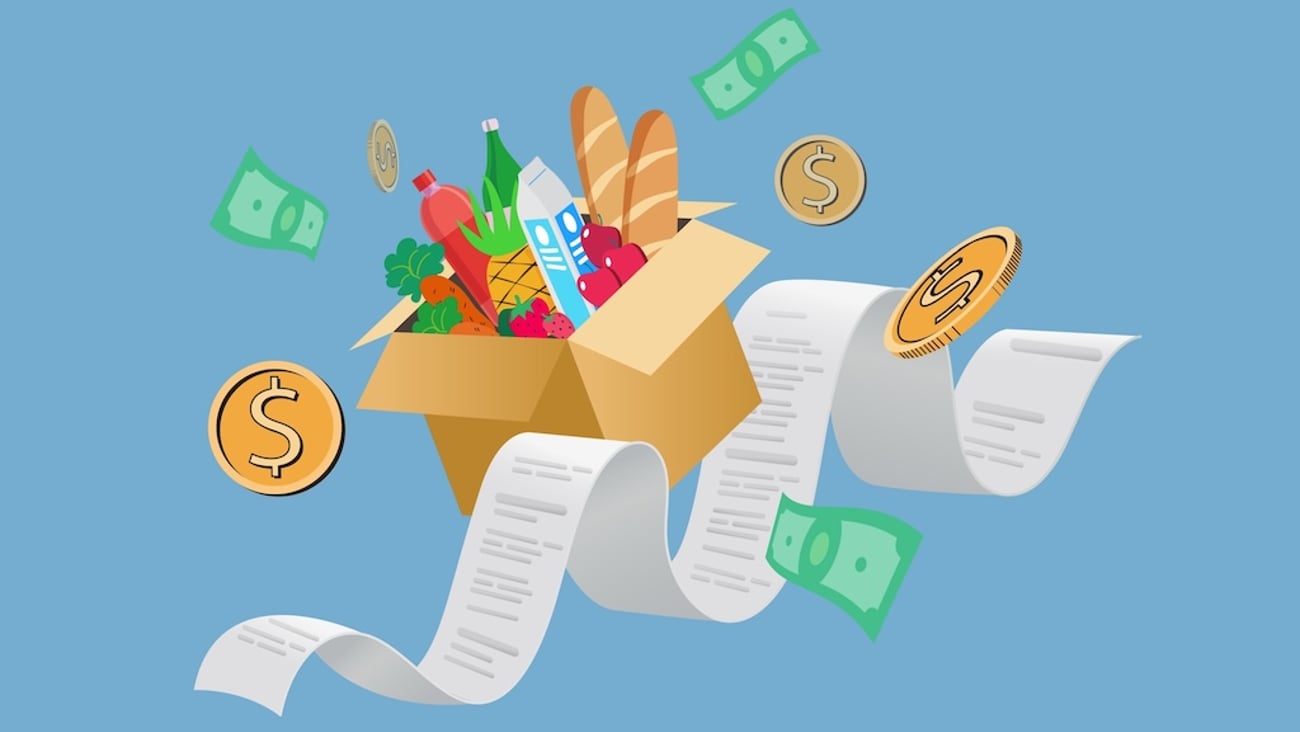Champagne’s many missed opportunities
The issue of food prices, particularly, has been thrust into the spotlight and has taken on a highly politicized tone. Recent survey results indicate that a staggering 82% of Canadians attribute higher food prices to excessive profit-seeking, with grocery stores becoming the focal point of political discourse. Unfortunately, the "greedflation" campaign, despite its lack of concrete evidence, has inadvertently diverted attention from the genuine challenges within the food industry. Nevertheless, it remains imperative for both grocery stores and the government to prioritize rebuilding consumer trust.
This week, Minister François-Philippe Champagne unveiled a comprehensive plan aimed at stabilizing prices before Thanksgiving, as previously promised. Speculation had suggested that Ottawa might resort to implementing a windfall tax or even consider price controls within the food retail industry. Thankfully, none of these extreme measures materialized, at least not yet.
While the plan does offer certain benefits to consumers, such as discounts and price-matching policies, it predominantly reinforces the status quo in the industry, with many of the mentioned measures already in practice. The Minister hinted at price freezes but fell short of addressing the issue of "black-out" periods, a missed opportunity that deserves attention. The annual period, spanning from November to February, prohibits suppliers from raising prices.
One immediate means of assisting consumers could have been the minister's decision to eliminate taxes on snacks sold in grocery stores. The rise of "shrinkflation" has inadvertently subjected numerous products to the taxation rules of the Canada Revenue Agency (CRA), categorizing them as snacks, even when they include healthier options. In 2022, it is estimated that over 4,600 food/snack items sold in grocery stores were subject to this tax. Additionally, it is believed that the government collects anywhere between $300 to $900 million in sales tax in grocery stores nationwide annually, with half of this amount related to the tax on small food items as classified by the CRA. This represents a substantial amount of money being collected from Canadians and sent to Ottawa.
The introduction of the Data Hub, although long overdue, signifies a significant step forward. The Canadian food industry currently operates with limited data accessibility, hindering meaningful analysis. The Data Hub promises to address this information imbalance by making data more accessible, particularly for small players in both food retail and manufacturing. However, it must be acknowledged that it won't provide immediate relief to consumers.
Furthermore, the grocery code of conduct, though not universally embraced by all industry stakeholders, represents a positive step. This code aims to enhance industry competitiveness and eliminate supply chain imbalances. It is worth noting that the minister missed an opportunity to mention the unanimous commitment of all grocers to accelerate the code's adoption and implementation. This regulatory framework holds the potential to strengthen the industry and promote fairness.
Despite Ottawa's policy developments, publicly available data indicates that market dynamics are already addressing the issue of food inflation in Canada. There is a noticeable decrease in food inflation rates, currently at 6.8%, and the months of July to August witnessed lower costs in many food categories, with the exception of fish and seafood. Canada's Food Price Report 2023, released less than a year ago by Dalhousie University, the University of Guelph, the University of Saskatchewan and the University of British Columbia, predicted a year-end food inflation rate of approximately 5%, a forecast that closely aligns with current expectations.
For those currently grappling with economic challenges at the grocery store, immediate relief from the federal government may not be forthcoming. However, there is hope that these strategic measures will ultimately pave the way for a more equitable and affordable food landscape for all Canadian citizens.





